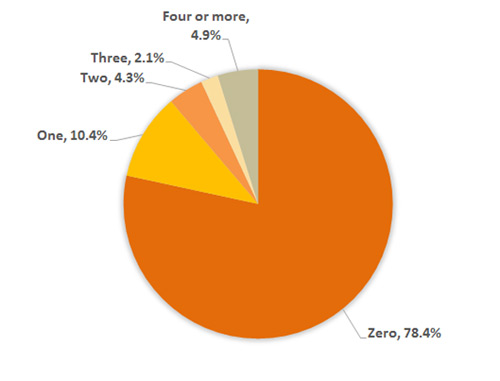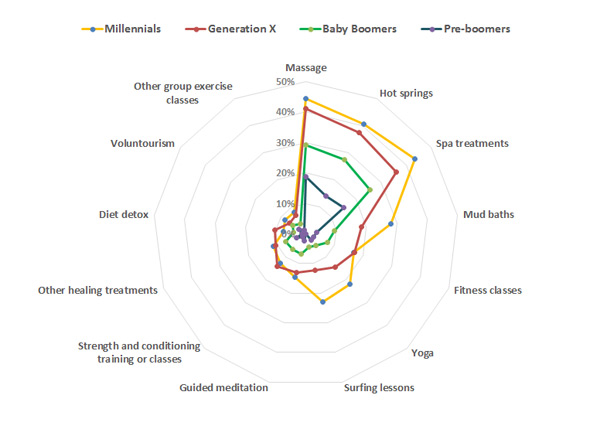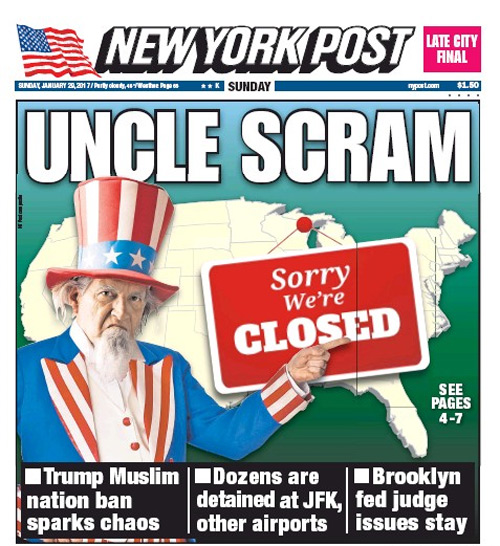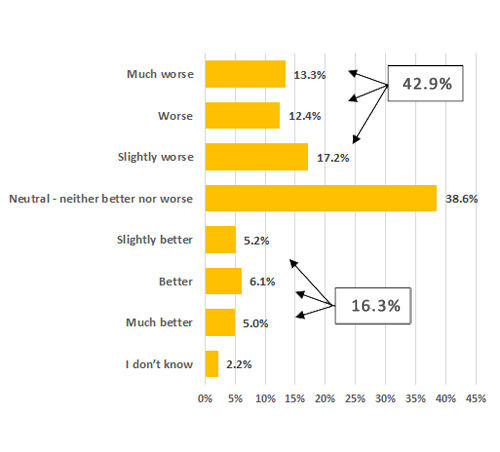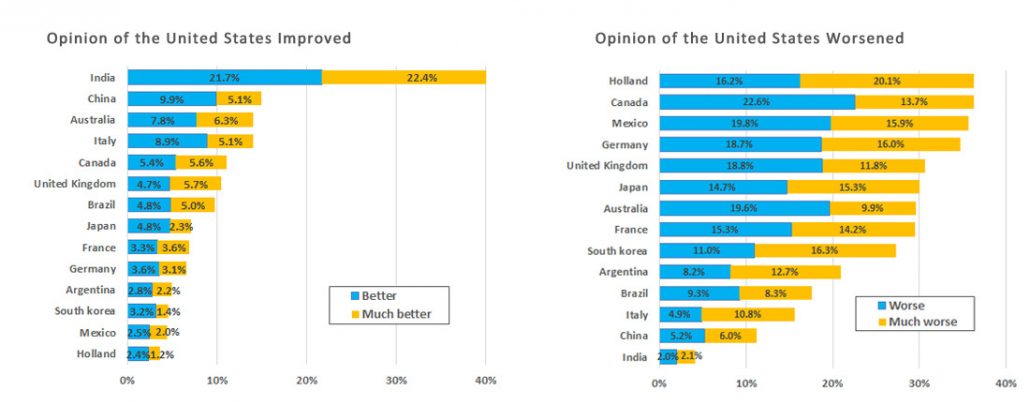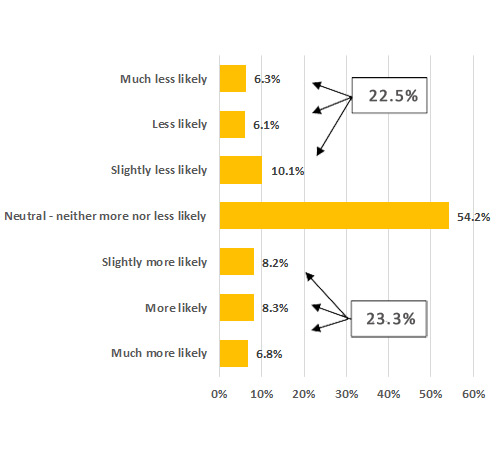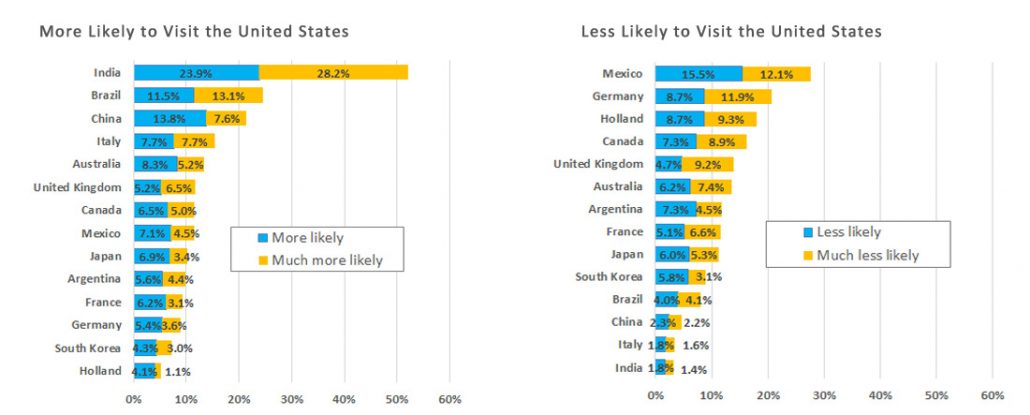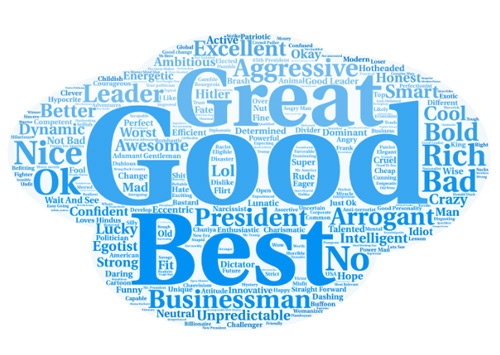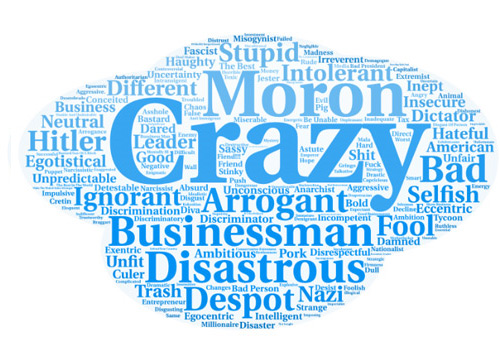Early to bed and early to rise makes a man healthy, wealthy and wise.
— Benjamin Franklin
Ben Franklin understood something we modern folks have forgotten. Getting ample rest and relaxation is vital to a happy and productive life. Not only are we a chronically sleep deprived nation, with 40 percent of us getting less than the recommended amount of nightly slumber, our use of vacation time has plummeted in recent years. The U.S. Travel Association reports that (on average) Americans take only 16 days of vacation a year, one full week less than in 1980. The list of problems and health risks associated with our “always-on” lifestyle is well-known and includes an array of detrimental effects including heart disease, depression, cognitive impairment, diabetes, anxiety disorders, obesity and even the potential for a dreaded loss of enthusiasm for bedroom fun!
At Destination Analysts, we don’t need research to tell us that this is simply no way to live. And, possibly in response to this crisis, many Americans now seem to share our concern and are taking their vacation advice from Poor Richard’s Almanac. Many of us are now building vacation experiences specifically around health and wellness. In a recent The State of the American TravelerTM survey, we explored Americans’ interests in travel specifically to nurture personal health and wellness. The results are intriguing, and suggest that destination marketers would be well-advised to keep their eyes on this market and be ready to take advantage when possible. Consider the chart below.
Health & Wellness Trips Taken (Past 12 Months, American Leisure Travelers)
Question: How many of these leisure trips were focused primarily on trip activities to promote your personal health and wellness? Base: Percent of American Leisure Travelers.
Nearly one quarter of American leisure travelers have taken a “health and wellness” trip in the past year. However, one such annual trip is simply not enough for many of these travelers. The average health and wellness traveler took 2.96 such trips in the past year, with one in twenty who took four or more such trips last year. That’s a lot of trips and likely a lot of money spent. Health and wellness travel is clearly a very significant and possibly under-serviced niche market.
Interestingly, it seems as if those travelers most in need of health and wellness trips may be the least likely to actually take them, and vice versa. The graphs below show that Millennial leisure travelers are most likely to have taken at least one health and wellness trip in the past year. Undoubtedly a result of their relative youth, they are also the least likely generation to report that personal health concerns had kept them from traveling in the past year. In short, they are twice as likely as Baby Boomers to take health and wellness trips, and half as likely to say they reduced their travels this last year over health concerns.
Gen X actually looks like it may be a sweet spot for health and wellness travel. Fully a quarter of American Gen X travelers have taken a wellness trip in the past year and these Gen X wellness travelers have taken 3.6 trips such trips in the past year on average (compared to 2.4 such trips amongst Millennial health and wellness travelers).
What does health and wellness travel really entail? To find out, we asked survey respondents to tell us what health-related activities they would be interested in doing on their leisure trips. For the most part, American travelers as a whole are most attracted to better known, relaxation-related activities like massages (36.3%), hot springs (35.5%) and spa treatments (32.2%). Other health and wellness-oriented activities fell further behind amongst the general traveling public, although younger travelers clearly exhibit more diversity in the health and wellness activities they are enthusiastic for. The diagram below shows the proportion of leisure travelers in each generation who say they’re interested in an array of health-related activities tested.
Interest in Health & Wellness Activities (Percent of travelers, by generation)
Question: Which of the following would you be interested in doing on your leisure trips? Base: Percent of Leisure Travelers.
Health and wellness travel clearly represents a very large potential market, but one that appears to be more alluring to Millennial and Gen X travelers. While surely niche markets exist for other healing activities outside the mainstream, the health and wellness activities these travelers will most commonly desire are likely to revolve around more traditional spa-related ways to reduce stress. With this focus, we hope that destinations that can position themselves as a unique place to relax and rejuvenate will cash in on those seeking relief from the harried, always-on lifestyle of the American traveler.

